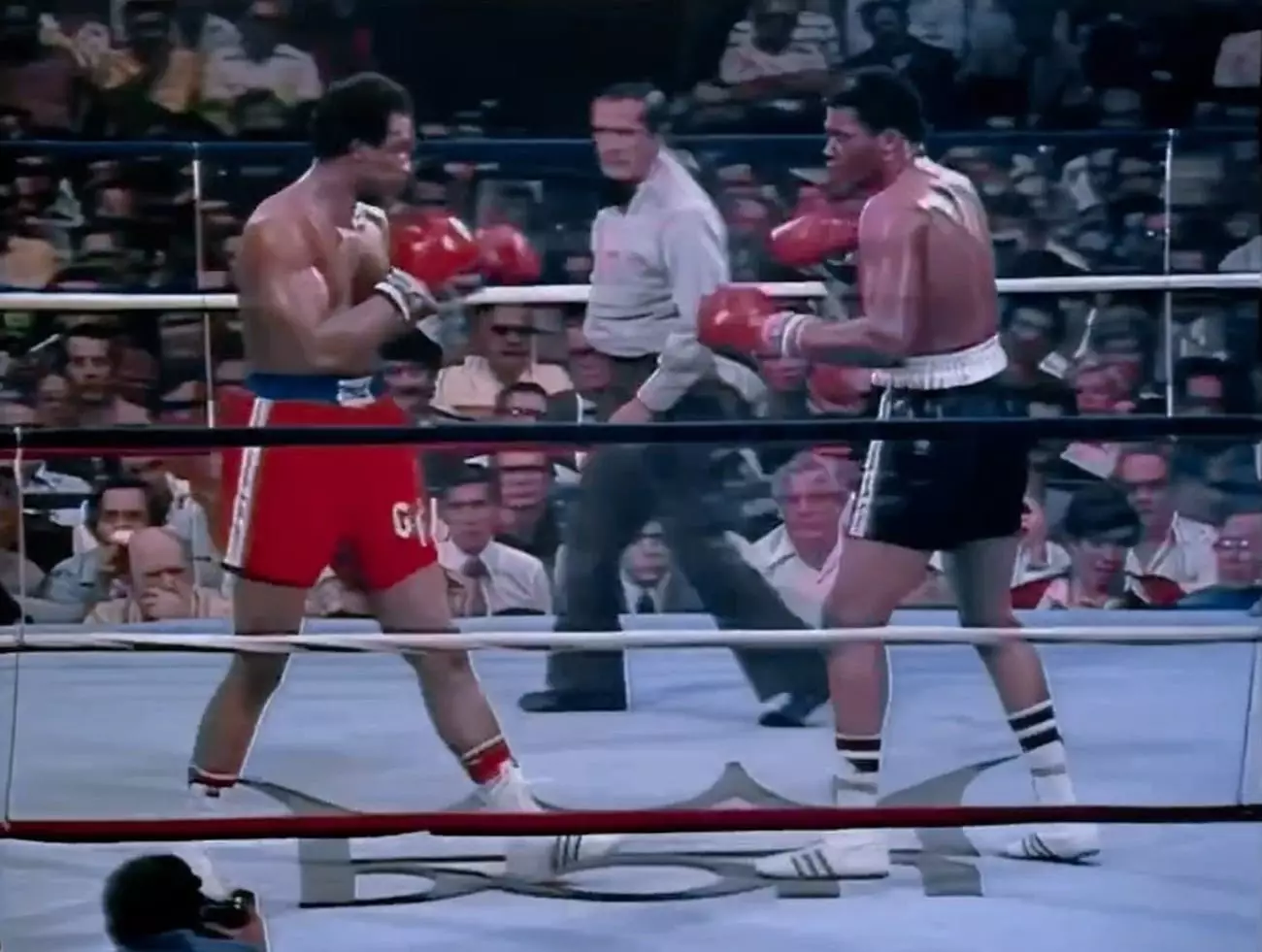In the fervent landscape of 1970s boxing, few stories resonate as powerfully as that of Ron Lyle. A talented heavyweight contender, Lyle’s career unfolded amid a panoply of extraordinary talent, including legends like Muhammad Ali, George Foreman, and Earnie Shavers. Emerging from a devastating setback against Ali in a title match, Lyle was thrust back into the ring against two of the hardest hitters in the history of boxing—Shavers and Foreman. This unique circumstance provided Lyle with a firsthand experience that allowed him to weigh in on an age-old question in the boxing community: Who possessed the greater punching power, George Foreman or Earnie Shavers?
Ron Lyle found himself at a crossroads in his career when he faced Earnie Shavers in September 1975. After tasting the ferocity of Shavers’ punch, he was knocked down but showcased a remarkable comeback to defeat Shavers in the sixth round. Just a few months later, Lyle faced Foreman in a bout that would go down in history as one of the most thrilling slugfests the heavyweight division has ever witnessed. Their match on January 24, 1976, was not just an exhibition of raw power but tactical resilience. Lyle delivered two knockdowns against Foreman, only to suffer a stoppage in the fifth round.
Both fights shine as shining examples of the heavyweight drama that defined the era, featuring dizzying exchanges and ruthless aggression. Through these contests, Lyle stood as a living testament to the physicality and unpredictability of boxing in that epoch. His ability to withstand Shavers’ well-documented punching power only intensified curiosity regarding the true measure of their strengths, especially with Foreman—who ultimately halted Lyle—entering the conversation.
In retrospect, it’s invaluable to explore Lyle’s own assessment. Despite having been knocked out by Foreman, he confidently labeled Shavers as the more formidable puncher. In an interview conducted before Lyle’s passing, he expressed that “Foreman was a puncher; he was a good puncher, but the best puncher that I ever faced was Earnie Shavers.” Lyle articulated a fascinating distinction between the two; where Foreman’s punches delivered overwhelming force, Shavers’ blows created a stark shock that resonated throughout his entire body. This insight lays bare the duality of power in boxing, effectively showcasing how different fighters can exhibit variant fighting styles and impacts even within the same division.
Interestingly, this assertion was not one-sided, as Shavers also acknowledged the potency of Lyle’s punches, describing them as the hardest he had ever encountered. The mutual respect among these titans illuminates the gravity of their exchanges, reminiscent of the era’s prominence where heavyweight matches were not just athletic events but cultural phenomena.
Lyle’s legacy is that of an indomitable warrior hailing from the golden age of boxing. His career, marked by admirable tenacity, positions him as one of the greatest heavyweights never to wear a world title. Many speculate that had he been competing in today’s landscape, he would have undoubtedly secured championship honors. His love for the sport and skillset rendered him a remarkable ambassador of heavyweight boxing, captivating fans with every endeavor in the ring, irrespective of the results.
On the 49th anniversary of Lyle’s iconic battle with Foreman, it is fitting to reminisce and honor Ron Lyle—not simply for his prowess but for his embodiment of the spirit of boxing in the 1970s. A fighter who engaged with the hardest of hitters yet remained steadfast in his quest for greatness, Lyle’s contributions to heavyweight boxing will forever be etched in its annals, telling the story of courage, tenacity, and an undying love for the sweet science. In an era defined by giants, Lyle carved out his own impactful legacy that continues to resonate among boxing aficionados today.

